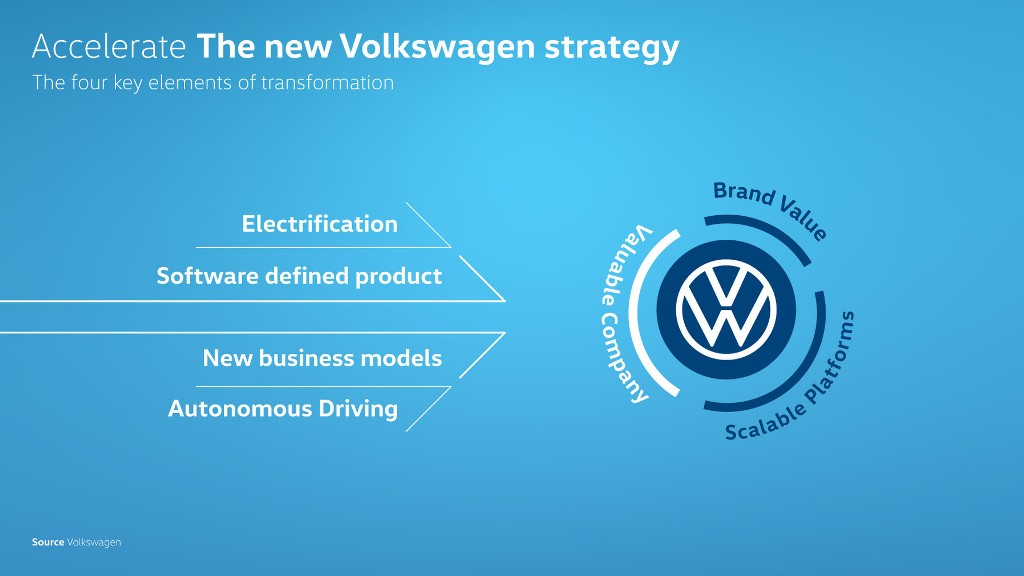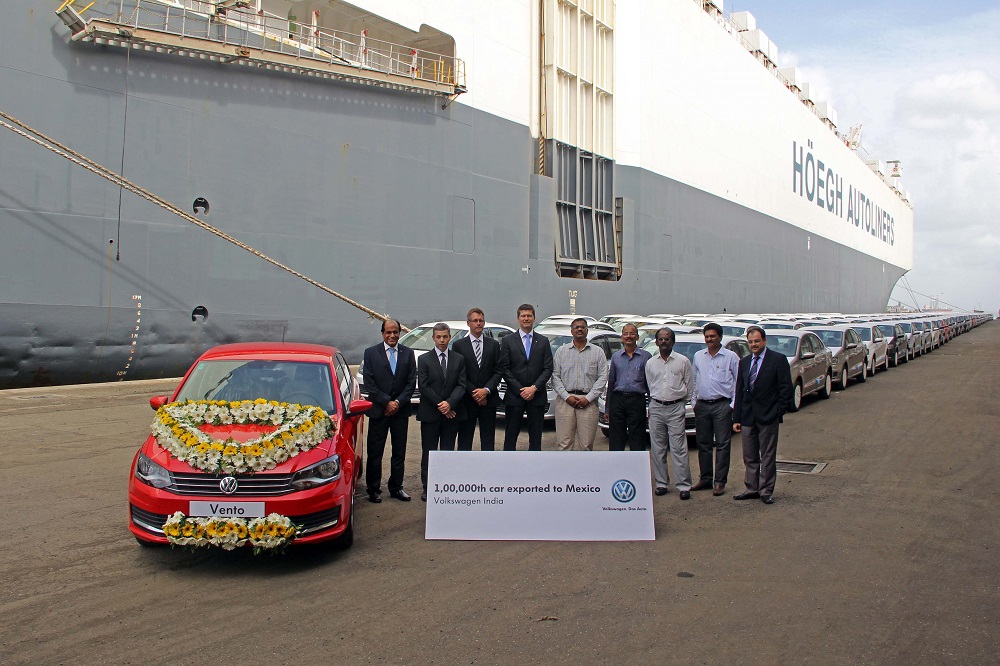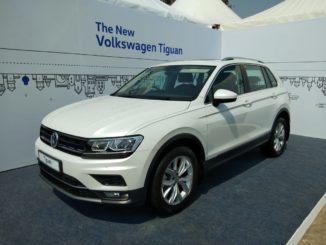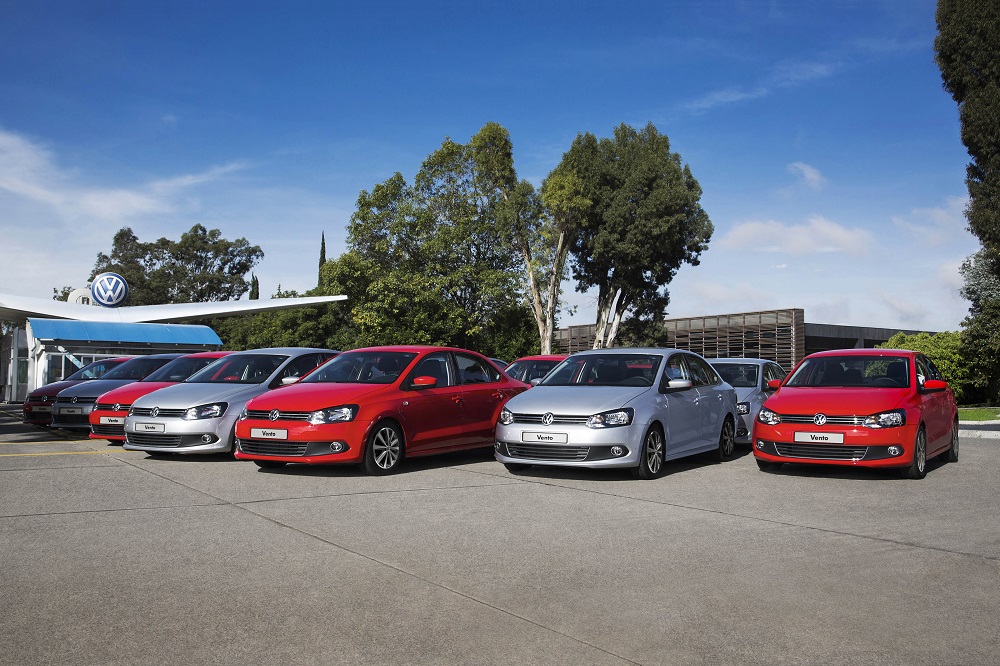
Volkswagen is making strides toward becoming a software-driven mobility service. The organisation will systematically plan for the profound changes in the automotive industry in good time by implementing the ACCELERATE strategy, which was recently announced. Volkswagen is accelerating the other major issues of the future, such as software integration into the car and the digital customer experience, just as it did with its global electric offensive. The organisation is attempting to attract new consumers and generate incremental revenue by introducing data-based business models. Volkswagen will produce self-driving cars as well.
With the TRANSFORM 2025+ plan, Volkswagen launched its far-reaching transition and the industry’s first electric offensive in 2016. Volkswagen now wants to become “the most appealing brand for urban mobility” with ACCELERATE. For the rapid turnaround, the organisation is following three corporate value drivers: “brand value,” “scalable networks,” and “valuable business,” each of which is supported by concrete measures and aggressive targets.
Software integration to become a Volkswagen core competency
The company’s high volumes will ensure the necessary scaling of the software in the Group. Volkswagen is spearheading the development of the customer-centric digital ecosystem. A fully networked fleet of over 500,000 vehicles is expected to be on the road in just two years.
Business model 2.0: new customers and additional sources of income
Volkswagen aims to generate additional revenue over the service life of the vehicle through charging and energy services. Future vehicle generations will be produced with a much small number of versions. The individual configuration will no longer be set through the hardware when the vehicle is purchased.
Clear plan for driving up profitability
Volkswagen has earmarked around 16 billion euros for investment in the future trends of e-mobility, hybridization and digitalization up to 2025. The company will systematically work on increasing its efficiency with ACCELERATE. A targeted operating margin of at least 6 percent is expected to be achieved by 2023. In South America and the United States, Volkswagen is striving to break even in the current fiscal year.
Faster e-mobility expansion
Volkswagen plans to rapidly accelerate the global e-campaign once again. By 2030, the brand will increase its market share to over 70 percent of deliveries of all-electric cars in Europe. The all-wheel-drive ID.4 GTX01 will kick things off in the first half of 2021, followed by the sporty ID.501 in the second half of the year. The ID.6 X / Cross01, a seven-seater electric SUV for the Chinese market, will be launched in autumn. Volkswagen will also play to its strengths as a platform champion in the next generation of a high-performance all- electric drive toolkit for flat vehicles – the Scalable Systems Platform. This will be deployed in 2026 for the first time in the Volkswagen’s flagship project, Trinity. The combustion engine fleet will also be developed further in parallel to the acceleration of the e- campaign. Ralf Brandstätter: “We will still need combustion engines for a while, but they should be as efficient as possible. All of the core models, including the Golf, Tiguan, Passat, Tayron and T-ROC, will get another successor”
Trinity will expand autonomous driving
Trinity will enable Level 2+ automated driving from the outset and Level 4 in the future. Selling around 6 million units per year gives the company the critical mass it needs to scale autonomous driving. Volkswagen will therefore take the lead in the Volkswagen Group by establishing a neural network across its fully networked vehicle fleet. This will enable Volkswagen to create a self-learning system with millions of vehicles that will benefit customers of all of the Group’s brands. The system will continuously exchange data, for example on the traffic situation, obstacles or accidents.



